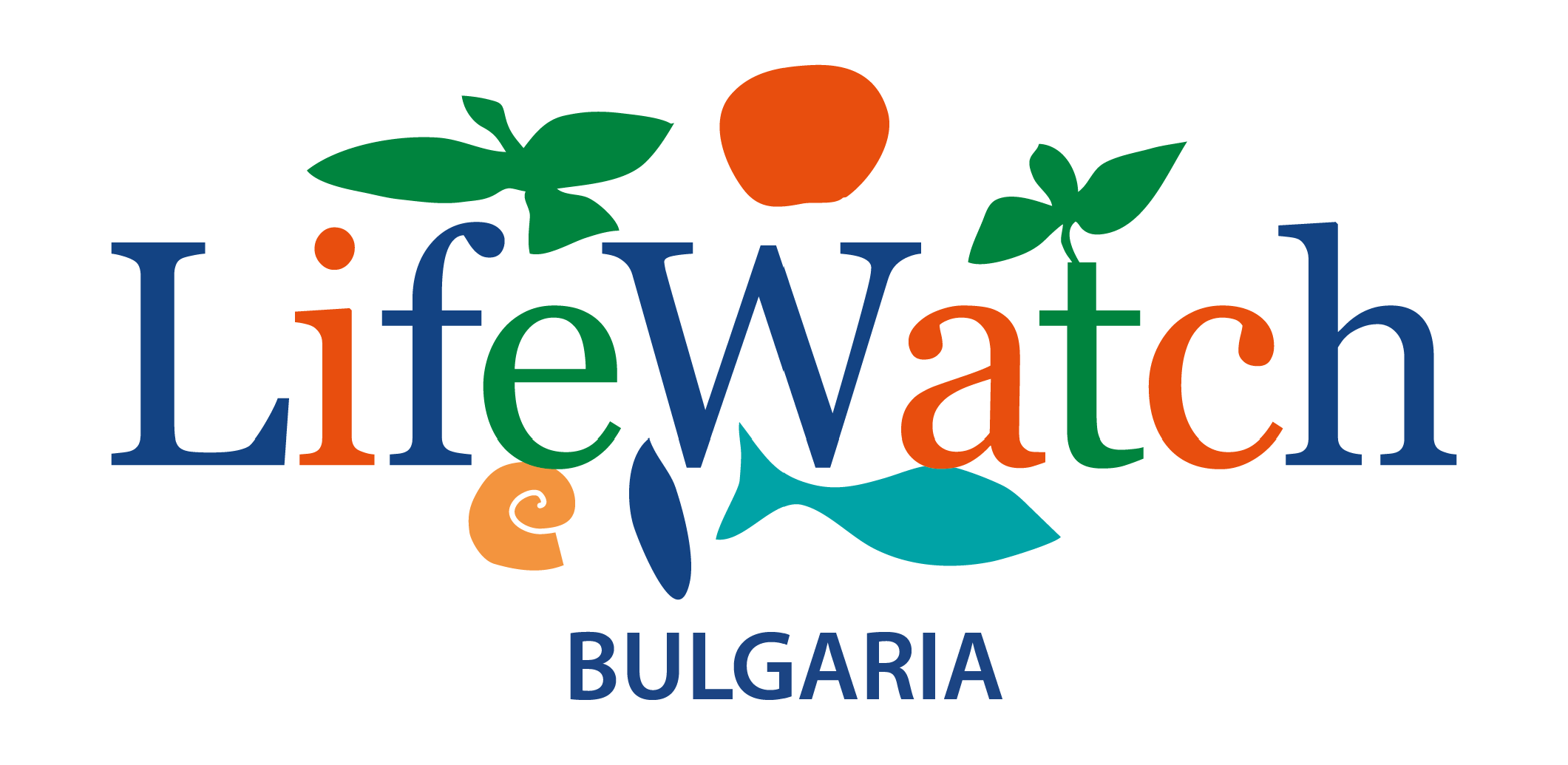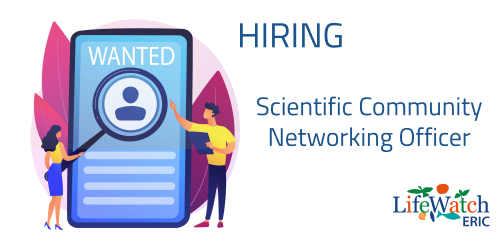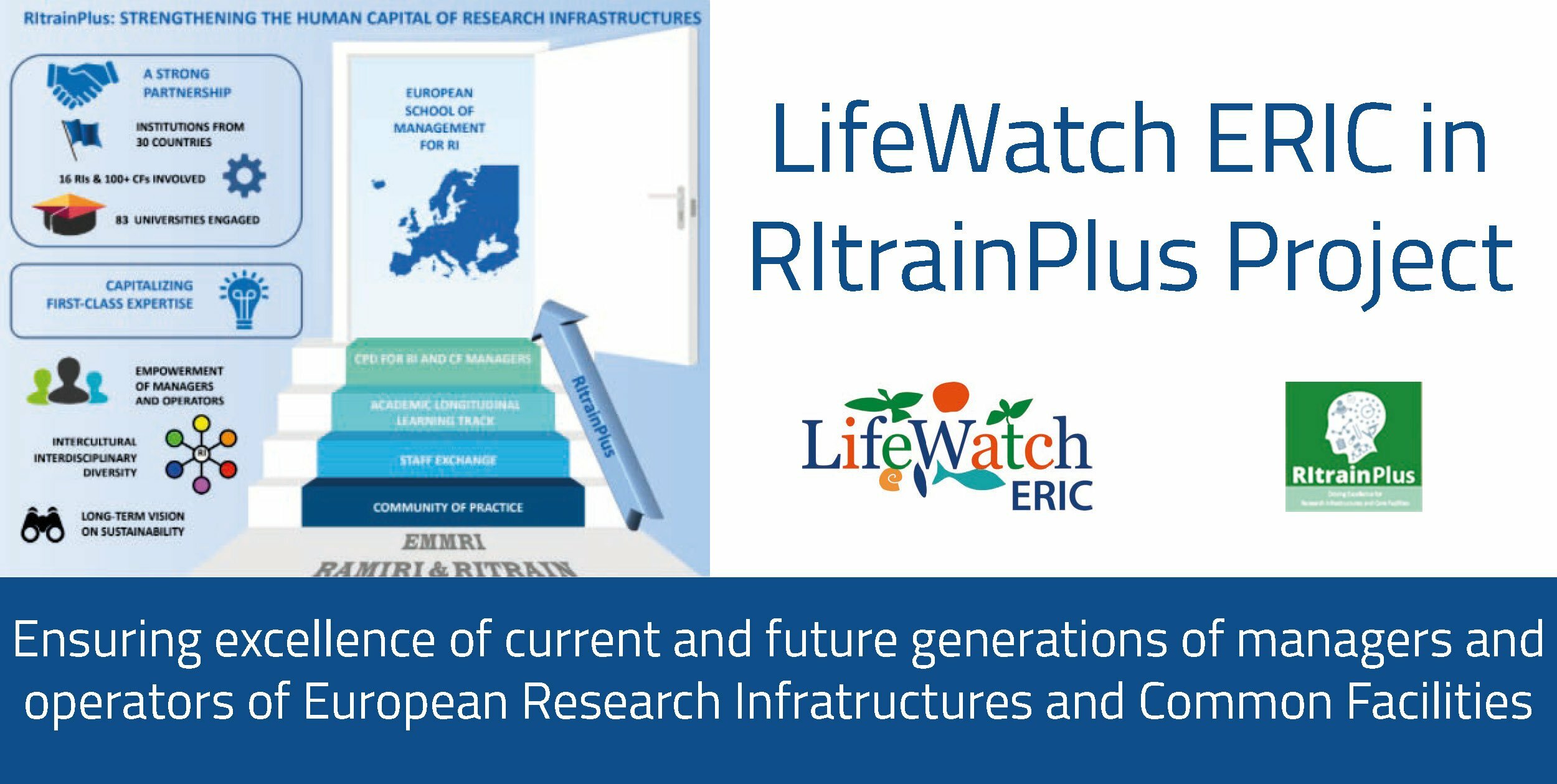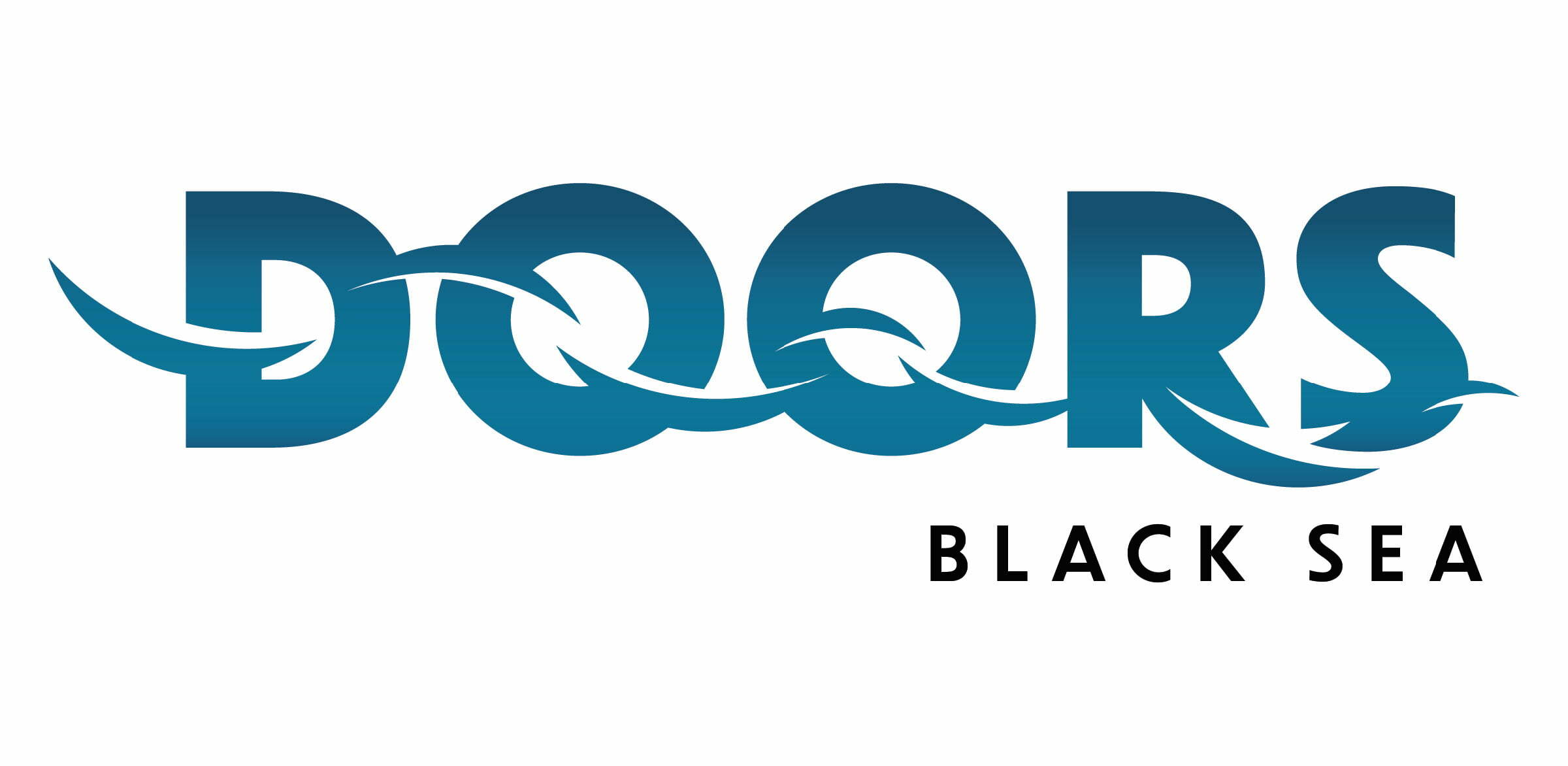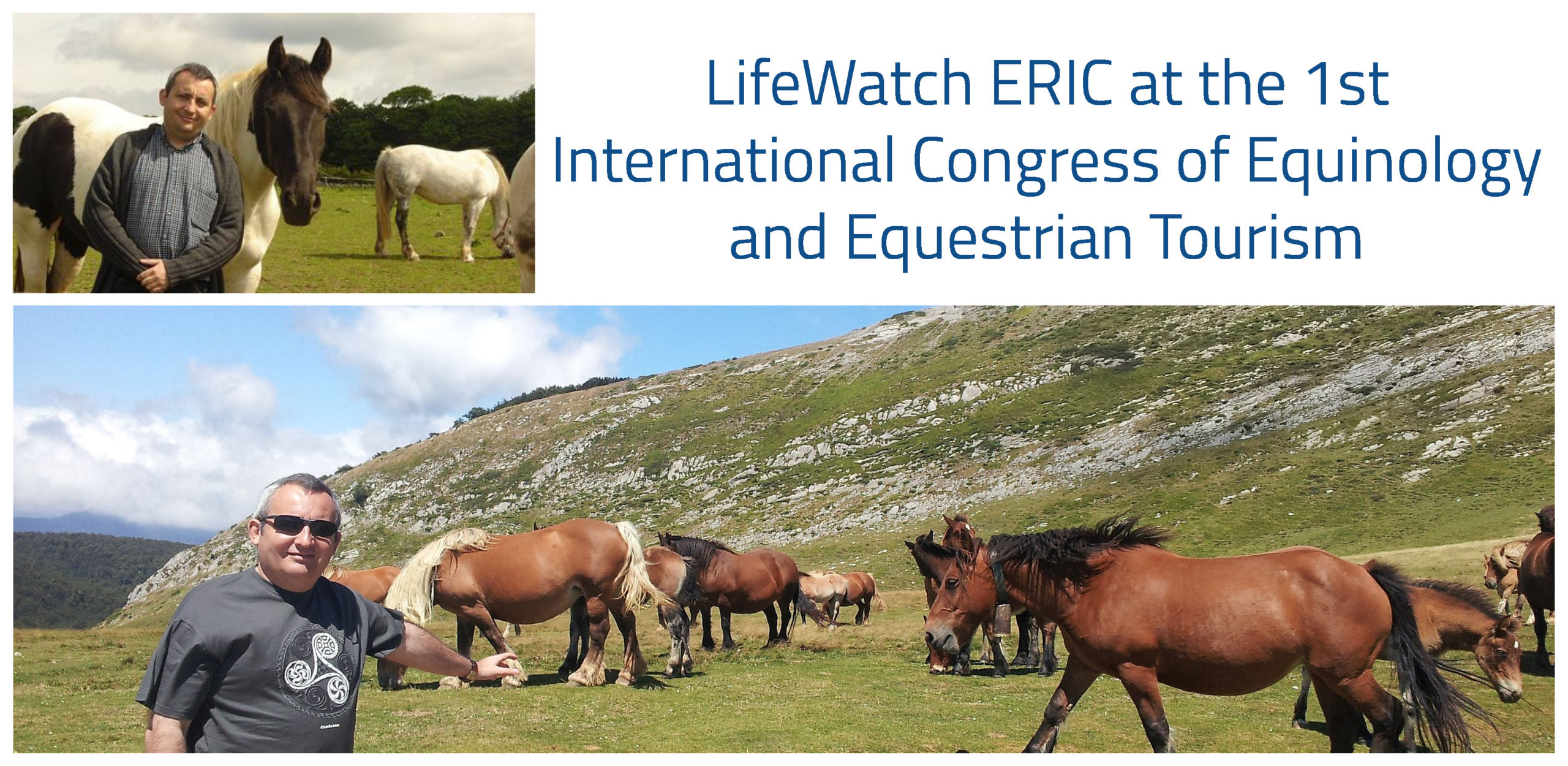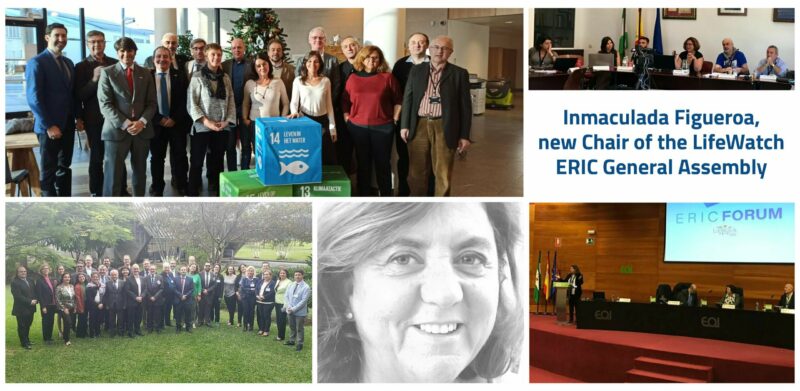LifeWatch ERIC is delighted to announce that the 1 January 2022 will signal the expansion of the LifeWatch ERIC community, with the establishment of LifeWatch Bulgaria. On 8 July 2021, the General Assembly unanimously approved the application of Bulgaria to become the eighth full member of LifeWatch ERIC.
LifeWatch Bulgaria has already planned several forms of in-kind contribution to the LifeWatch Infrastructure, such as carrying out complex studies into the plant health of cultivated species in the context of sustainable agroecosystems. Such research will be carried out through its nominated partner organisation PlantHealth, the Centre for Diagnostics and Technologies in Plant Health. It is thought that Bulgaria’s membership of LifeWatch ERIC will be mutually beneficial, contributing to the advancement of European research into biodiversity and ecosystem services.
Christos Arvanitidis, LifeWatch ERIC Chief Executive Officer, made the following statement:
“The unanimous admission of Bulgaria to the LifeWatch ERIC Infrastructure by the General Assembly is testament to our enthusiasm about the expansion. Mr Krasimir Valchev, Bulgarian Minister for Education and Science, has expressed his confidence that Bulgaria shares common values and objectives with LifeWatch ERIC, and having read the Bulgarian Official Letter of Interest elaborating goals and plans for collaboration, the General Assembly was only too happy to agree. We have no doubt that Bulgaria will support and facilitate the accomplishment of LifeWatch ERIC mission, along with the activities and governance of the Consortium, and we look forward with anticipation to the activation of its membership in 2022.”
Countries wishing to join LifeWatch ERIC are welcome to consult our FAQ. Further questions and enquiries may be directed to statutoryseat[@]lifewatch.eu.
The admission of members that are EU Member States is governed by the LifeWatch ERIC Statutes Art. 3 (Membership and representing entity), 4 (Membership and representing entity) and 8 (3) (General Assembly) with no special requirement in terms of voting majority.
